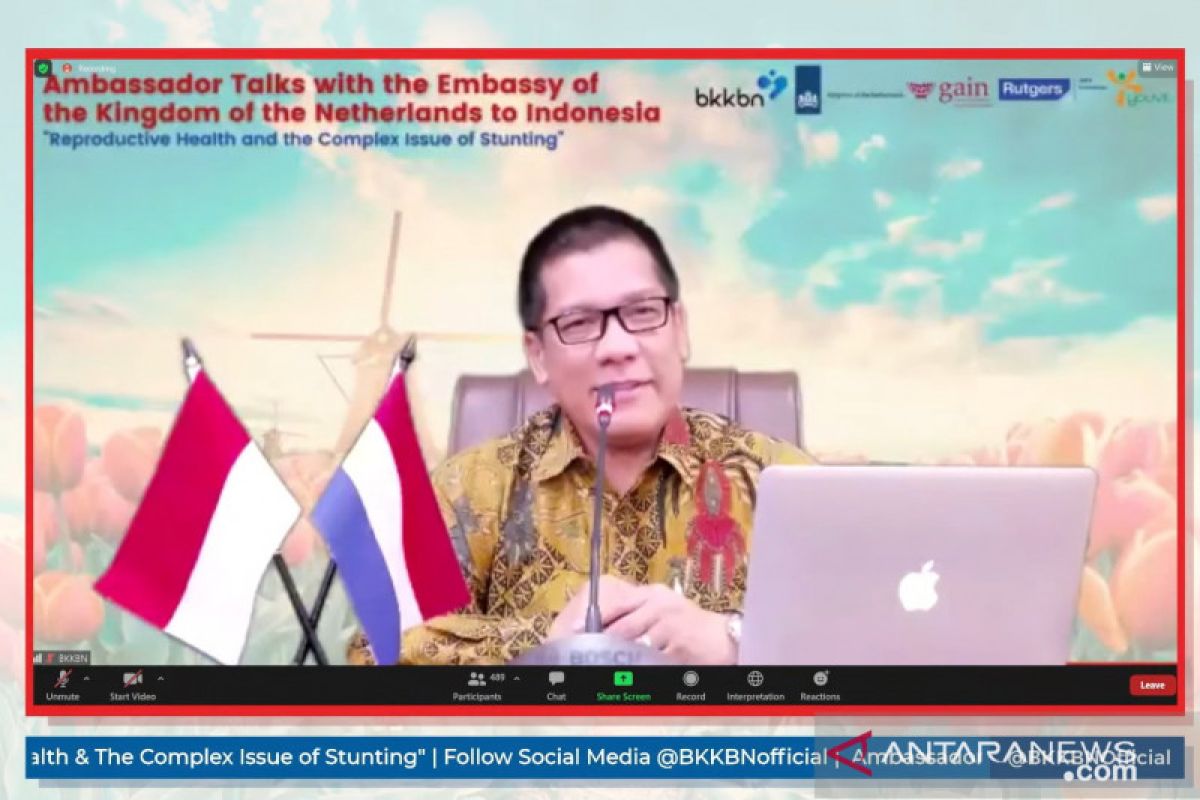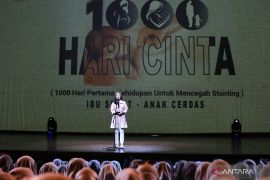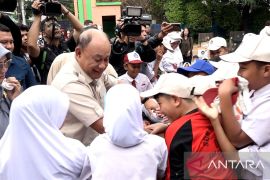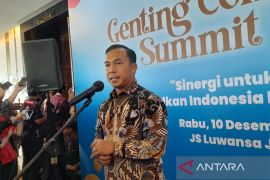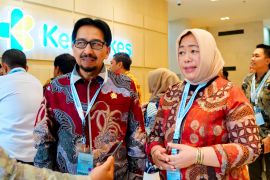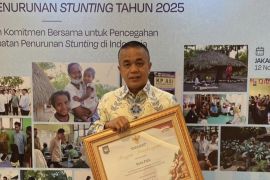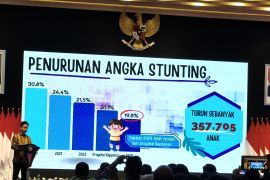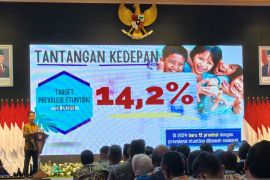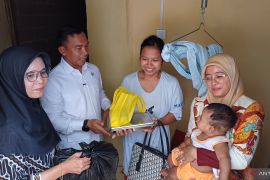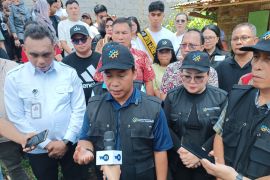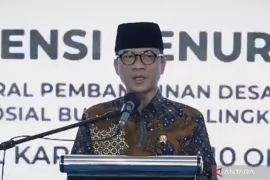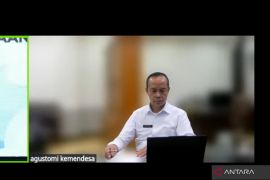"Based on the stunting prevalence rate in 2019, the three provinces with high prevalence are East Nusa Tenggara, West Sulawesi, and West Nusa Tenggara," deputy for national research and development training at the BKKBN, Muhammad Rizal Martua Damanik, said at a virtual event, 'Ambassador Talks with the Embassy of the Kingdom of the Netherlands', accessed from here on Thursday.
A follow-up study has found that the stunting rate in children has reached 42 percent in several locations, he informed.
Of the 34 provinces in Indonesia, only four provinces are at the medium prevalence level, namely Bali, Riau Islands, Bangka Belitung, and Jakarta, he said.
Related news: Collaboration between govt, parties key to handling stunting
Several factors can increase the risk of stunting in children, including anaemia during pregnancy, premature birth, child marriage, and birth spacing, he informed.
"We can see that all the factors that increase stunting are still high, namely premature babies with 675 cases and birth spacing of fewer than 24 months with 663 cases," he noted.
At the event, the Dutch Ambassador to the Republic of Indonesia, Lambert Grijns, said that the care of young mothers is one of the most important aspects to pay attention to for preventing stunting.
In addition to providing good nutrition, young mothers need to be given access to positive information about health and sexual activities, he added.
Grijns explained that providing access to information is crucial because many Indonesians in the 15-25 age group do not have much knowledge of pregnancy and its occurrence or about problems in sexual relations.
He said that a mother's knowledge can affect the health system in terms of pregnancy, sexual relations, and family planning programs, so he suggested that the government start providing information from the lowest scale, namely through midwives.
Related news: Focusing on alleviating poverty, child stunting reduction: ministry
Related news: Village development to reduce stunting more quickly: minister
Translator: Hreeloita D, Raka Adji
Editor: Suharto
Copyright © ANTARA 2021
